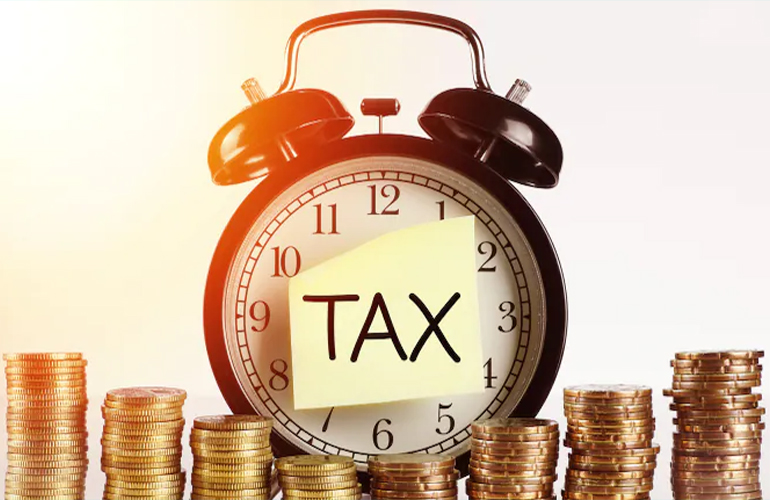Understanding the tax laws of a country is crucial for both individuals and businesses to ensure compliance and make informed financial decisions. In Pakistan, the Income Tax Ordinance 2001 stands as the cornerstone of the country’s tax system, outlining the legal framework for tax collection and administration.
This blog post aims to elucidate the significant amendments made to the Income Tax Ordinance 2001 up to the year 2017, offering a clear perspective on how these changes impact taxpayers.
The Evolution of Tax Laws in Pakistan
Pre-Amendment Scenario
Before delving into the amendments, it’s essential to comprehend the landscape of the Income Tax Ordinance prior to 2017. Originally promulgated in 2001, this legislation has undergone numerous revisions to address economic changes, curb tax evasion, and streamline tax collection mechanisms.
The Amendment Process
Amendments are typically introduced through Finance Acts passed by the Parliament of Pakistan. These changes reflect the government’s fiscal policy decisions and are often aimed at improving tax administration, expanding the tax net, and providing relief to certain taxpayers.
Key Amendments up to 2017
Broadening the Tax Base
One of the primary objectives of the amendments was to broaden the tax base. This involved identifying and bringing non-taxpayers into the tax system, thereby increasing government revenue without increasing the tax rate for existing taxpayers.
Rationalizing Tax Rates
Amendments have been made to rationalize the tax rates for various income brackets. These adjustments ensure that the tax burden is distributed more equitably among individuals and businesses based on their income levels.
Streamlining Compliance
To simplify the tax filing process, the Federal Board of Revenue (FBR) introduced electronic filing systems. This amendment aimed to encourage timely submissions, reduce errors, and minimize direct contact between taxpayers and tax officials, thereby reducing the opportunity for corruption.
Incentivizing Documentation
A significant amendment focused on incentivizing the documentation of economic transactions. By offering tax credits and other benefits for documented purchases, the government aimed to reduce the size of the informal economy and increase transparency in business dealings.
Taxation of Real Estate
The real estate sector received special attention in the amendments, with a focus on accurate property valuation and the imposition of taxes based on these valuations. This was done to curb the undervaluation of property and to collect rightful taxes from this sector.
Implications for Taxpayers
Enhanced Clarity and Predictability
With the amendments, taxpayers gained a clearer understanding of their obligations and entitlements under the law. The predictability of the tax regime is crucial for individuals and businesses to plan their finances effectively.
Increased Digitalization
The shift towards digital tax administration reduced paperwork, saved time, and improved efficiency. For taxpayers comfortable with technology, this transition has made compliance more convenient.
Impact on Investment
By adjusting tax rates and offering incentives for various sectors, the amendments aimed to stimulate investment in key areas of the economy, potentially affecting decisions on where to allocate resources.
Conclusion
The Income Tax Ordinance 2001, with its amendments up to 2017, reflects Pakistan’s commitment to evolving its tax system to meet contemporary economic challenges. For taxpayers, staying informed about these changes is not just about legal compliance; it’s about seizing opportunities and mitigating risks in a dynamic economic landscape.
As Pakistan continues to refine its tax laws, individuals and businesses must remain vigilant and adaptable to navigate the complexities of the tax system.
